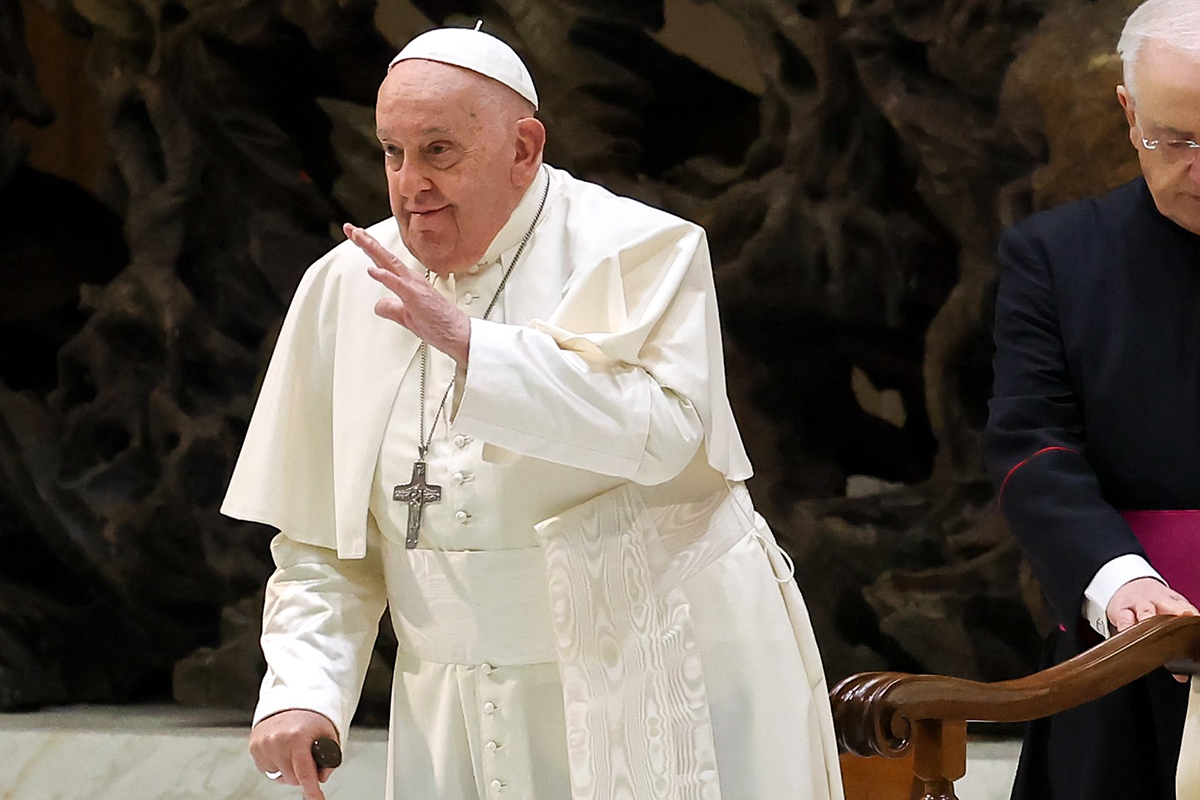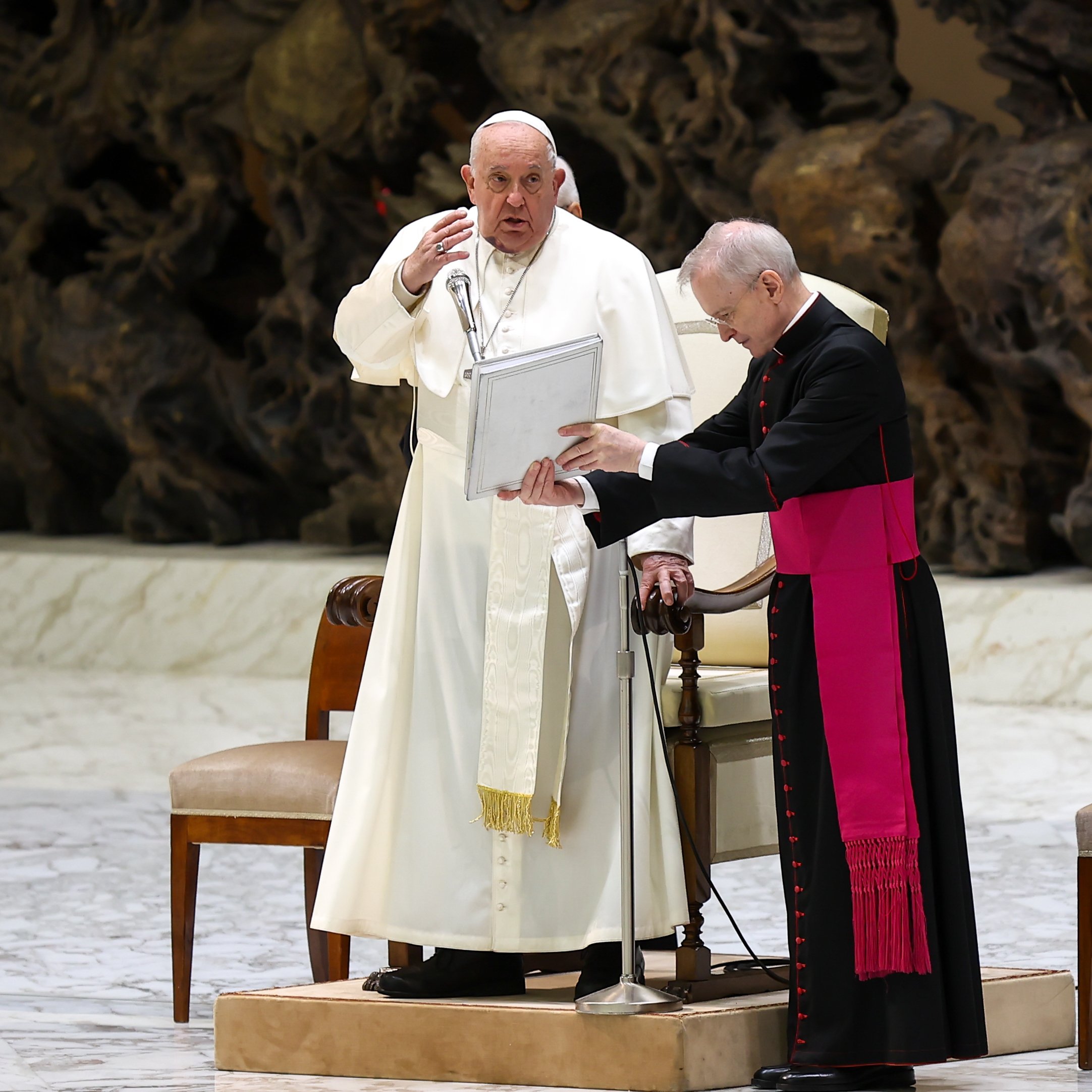DEAR FATHER | Concept of karma lacks centeredness in God

The basic concept of karma is simple to explain: what we sow in the world through our words and actions is what will be returned to us. So, when we’re friendly with others, people will be friendly with us in return. But how this concept is explicated is where the Church concentrates her thoughts.
Karma is most associated with the Buddhist and Hindu faith traditions. In them, karma helps to explain what happens when someone is reincarnated. Over a lifetime, a person accumulates positive or negative karma based on his/her actions. When one dies, the person is reincarnated to experience the fruits, either positive or negative, of what was sowed in this life. This cycle will continue to repeat with the same principles.
The Church doesn’t support such an understanding of karma, primarily due to its association with the idea of reincarnation. In Hebrews 9:27, we read, “Just as it is appointed that human beings die once, and after this the judgment.” It has been traditionally understood that we live only once and then after death we’ll be judged on our life by God and experience the consequences of the our choices, in heaven or hell.
Another understanding of karma comes from the New Age movement. Here, karma is understood akin to a scientific principle. Just as an action has an opposite and equal reaction in science, moral choices lead to either good or bad karma. Good, or positive, karma contributes to someone’s self-development and spiritual growth. In contrast, anyone who acts out of hate or fear creates negative karma, which takes away from the peace a person creates within and for those around them.
In the Vatican document, “Jesus Christ The Bearer of The Water of Life,” the writer W.J. Hanegraff is quoted as saying the New Age is “syncretism of esoteric and secular elements.” This is fair to say about this explanation of karma. While somewhat grounded in reality as proven by science and experience, this New Age principle claims to want to lead people to a deeper spiritual consciousness and unity, but lacks the definitive underpinnings and centeredness in God to be truly satisfying.
While never using the word “karma,” Christian tradition has attested to its basic truth of reaping what one sows. In Galatians, St. Paul wrote, “Make no mistake: God is not mocked, for a person will reap only what he sows, because the one who sows for his flesh will reap corruption from the flesh, but the one who sows for the spirit will reap eternal life from the spirit” (6:7-8).
How we live our life here on earth, then, has consequences. When we live a life focused on ourselves, even if we’re blessed here, we’ll suffer the consequences of these choices in the next. But when we live a life focused on God, even if we suffer here, we will rejoice forever with God in heaven.
Father Mayo is pastor of Holy Rosary Parish in Warrenton.
RELATED ARTICLE(S):
The basic concept of karma is simple to explain: what we sow in the world through our words and actions is what will be returned to us. So, when we’re … DEAR FATHER | Concept of karma lacks centeredness in God
Subscribe to Read All St. Louis Review Stories
All readers receive 5 stories to read free per month. After that, readers will need to be logged in.
If you are currently receive the St. Louis Review at your home or office, please send your name and address (and subscriber id if you know it) to subscriptions@stlouisreview.com to get your login information.
If you are not currently a subscriber to the St. Louis Review, please contact subscriptions@stlouisreview.com for information on how to subscribe.






